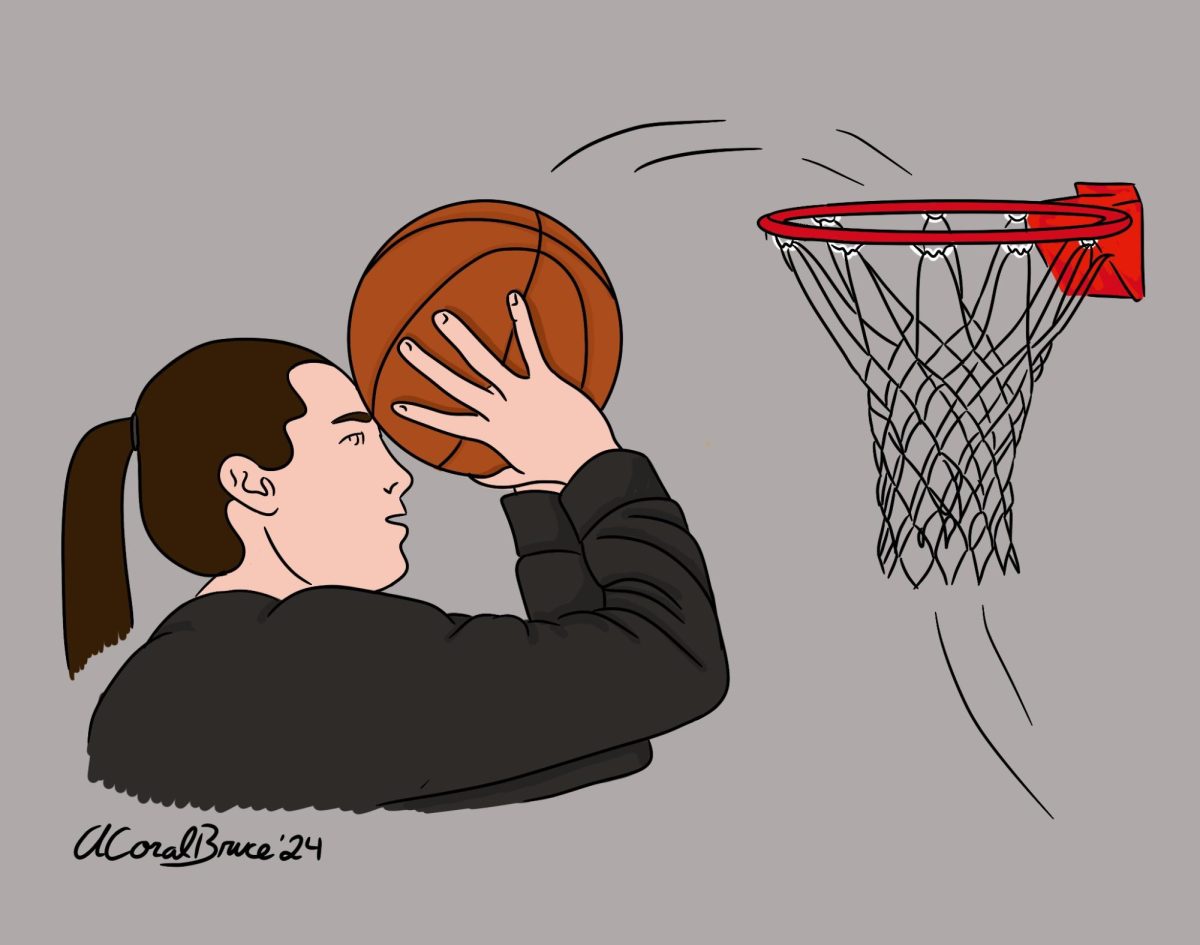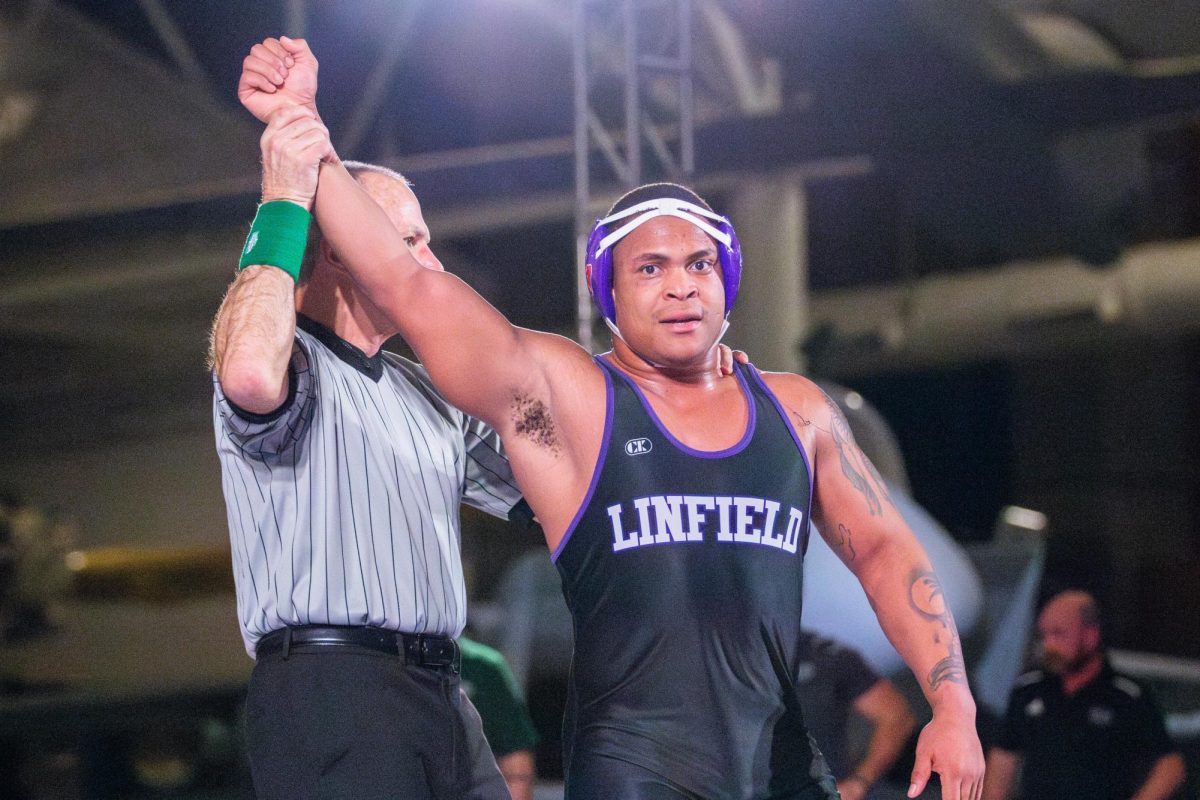Sports Commentary
Will Hermens
Review staff writer
Athletes can’t seem to keep foul language to themselves, which leaves questions about who is responsible for on-air incidents.
After winning the World Series, their first championship win since 1983, the Philadelphia Phillies held a parade for the baseball team. However, the parade turned somewhat sour after superstar Chase Utley used the F-word on broadcast television, saying “World f***ing Champions.”
For a country concerned with what people do and say on air, especially during live broadcasts, specific instances such as Utley’s F-bomb leave the Federal Communications Commission and the United States Supreme Court tackling the increasing number of F-word and S-word slips being broadcast on TV.
Following Utley’s outburst, the Supreme Court decided Nov. 4 to discuss whether the nation will hear more F-word and S-word references over the air.
Broadcasters across the nation face penalties and fines from the FCC because of the swear words they broadcast.
The question that remains is how to deal with athletes who utter the profanities.
I believe athletes should not be given the liberty or the privilege to use foul words over live television. Even in the heat of the moment, athletes should conduct themselves professional, both on and off the camera.
Utley’s F-word statement, now-famous only adds to the long list of athletes who utilize vulgar language.
Just some incidents that come to mind include basketball players Shaquille O’Neal, Steve Francis and Andrew Bynum, each using profanities during live interviews following games.
ESPN’s “College GameDay” analyst Lee Corso said the F-word during a broadcast, and many other play-by-play sports broadcasters and analysts, too many to list, have let the F-word or S-word slip out while airing.
What can or will be done to stop foul language from reaching the airways that children in America listen to and watch every day?
I, for one, would lobby for the broadcasters and network to apologize for their mistakes as soon as possible. In some of the famous incidents involving sports figures, an apology came soon after the occurrence.
On the other hand, athletes say profanities during broadcasts and display no remorse for their language choices.
O’Neal and Francis’ incidents came after a game where the topic of poor officiating started the interview, and both athletes voiced their opinions with clear F- and S-words.
As a person who admires athletes, I do not understand why they feel compelled to use swear words to convey a point.
Obviously, athletes are prone to sometimes slip an F-word or S-word without realizing it, but athletes who purposely drop foul language should accept hard consequences. Yet the FCC has been punishing broadcasters for foul language outbursts instead of the athletes.
Clearly, the FCC and the Supreme Court need to look at changing the abundance of F-word and S-word references on TV and the distribution of punishment. Punishing broadcasters for foul language someone else used is senseless.
Broadcasters never know when athletes will use vulgar words on live television. I do not understand why broadcasters should suffer the punishment for foul language without the ability to forsee such events.
However, our country has experienced a trend in the number of F-word and S-word references on air. According to the Parents Television Council, in 1998, the F-word aired once and the S-word twice in. In 2007 alone, the F-word aired 1,147 times, and the S-word aired 364 times.
Even though not all of these airings were on live television, the new trend of using foul language on TV should come to an end. Athletes, and people in general, need to realize that the increase in usage will lead to the F-word and S-word becoming customary.
Do future generations want to be recognized for allowing foul language to permeate the airways?
Only time will tell, and the Supreme Court will be playing a big role in how the broadcasting of profanities in sports will play out.







Kevin • Nov 10, 2008 at 9:39 pm
Something definitely must be done. The offender should be the one with the heavy fine. Maybe then they would think twice about spewing profanities.